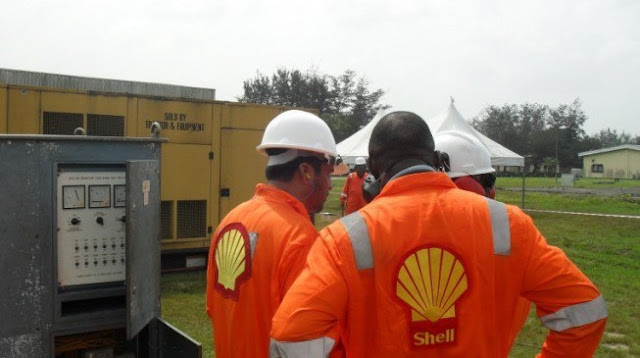Shell declared force majeure – a legal clause that allows it to stop shipments without breaching contracts – late Tuesday, following continued attacks on its Nembe creek trunkline in the Niger Delta region of Nigeria.
In a statement, Shell said the clause, which originally means a “superior force”, was invoked, following a leak at the Nembe creek, which may result to more unavoidable accidents.
The company added that repairs on the 90-kilometre trunk line are being carried out by AITEO Eastern E&P Company, with no record on when the repair will be concluded.
Force majeure is historically related to the concept of an “act of God”, and often used in contractual terms for damage, in which no party involved in the contract can be held accountable.
It is often used for natural disasters like hurricane, tornado, earthquake and other “acts of God”.
In February, Shell also declared force majeure after an attack on a pipeline feeding the Forcados terminal, which typically exports about 200,000 barrels a day.
According to Bloomberg, the International Energy Agency (IEA) estimated in April that Nigeria could lose an estimated $1 billion in revenue by May, when it expects repairs on Forcados to be completed.
Ibe Kachikwu, minister of state for petroleum, had said that the terminal may not restart until June, but recent pipeline attacks and the consequent halt in production may further extend the date.
The current disruption caused by a group called the Niger Delta avengers, could bring Nigeria’s oil output to new lows, as the country is currently producing less than Angola, the largest exporter in Africa.
This means increase in oil prices in the global market cannot fully be enjoyed by Nigeria, following the country’s limited production capacity.














No comments :
Post a Comment